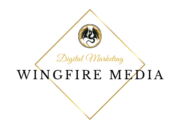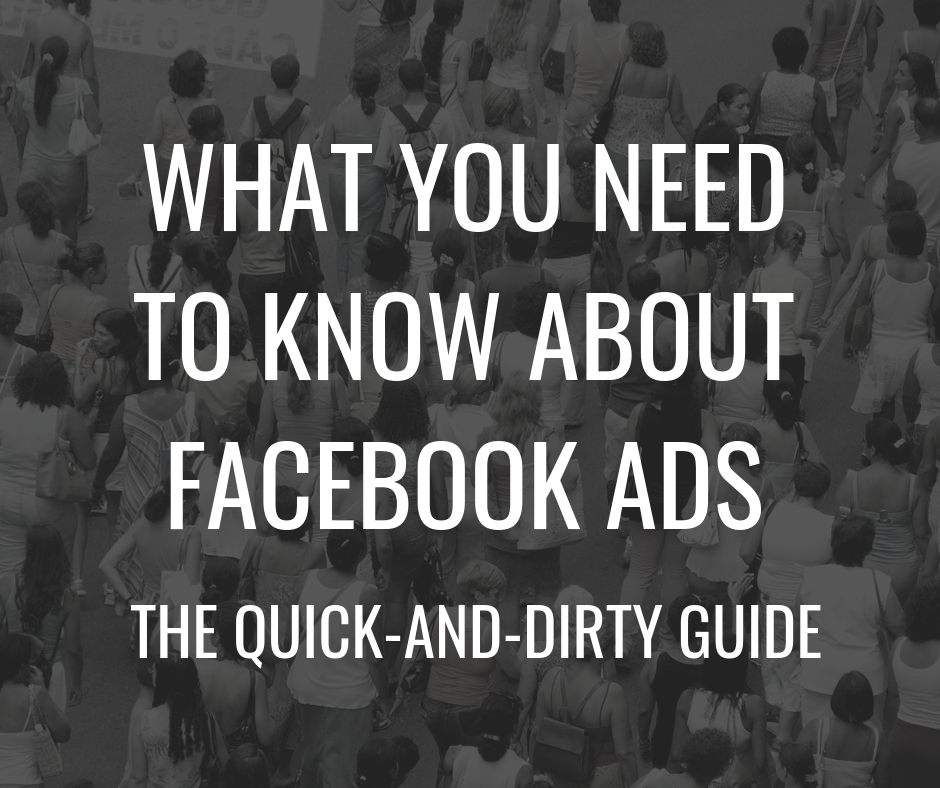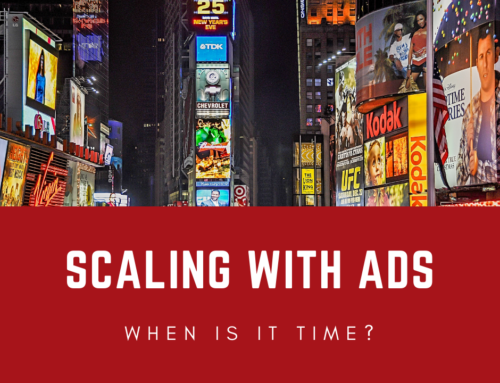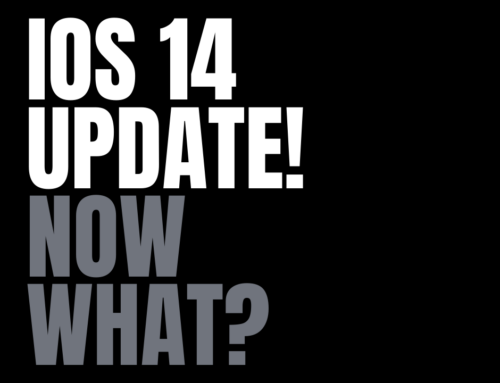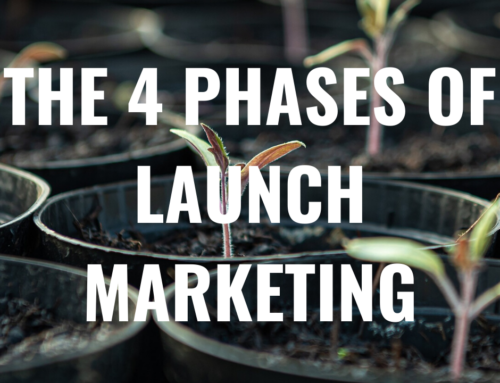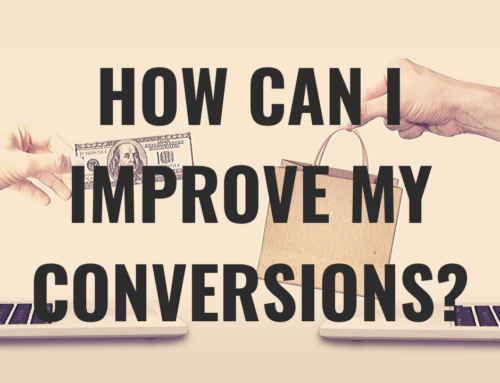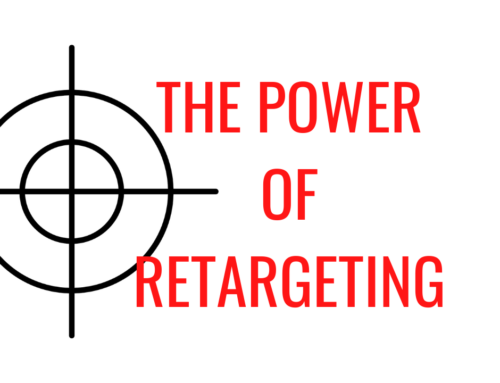Is the “Boost Post” feature on Facebook worth the cost?
Usually, no. The whole advantage of Facebook Ads is the ability to use advanced targeting options to serve your ads to the right people. The “Boost Post” feature is a simplified advertising option that lacks the advanced features of the Facebook Ads platform and therefore cannot target as efficiently as other options on Facebook. Additionally, note that the “Boost Post” feature is based on reach rather than conversions. Effective ad campaigns on Facebook are usually conversion-based.
Should my Facebook Ads campaigns be based on reach, clicks, engagements, video views, or conversions?
The simple answer is conversions. In the end, all advertising is – or should be – conversion-oriented. However, there are situations in which it makes sense to use other objectives for specific advertisements. For example, you may run a video views campaign and then follow up with a conversion campaign targeting the people who viewed the video.
Which is better: Google AdWords or Facebook Ads?
There is no definitive answer. Results will vary depending on business models, strategies, and implementation. In general, though, Google is better for marketing to people who know what they need and are looking for a solution, while Facebook is better for marking to people who have a problem but don’t know the solution. Google is also better for focusing on quick one-off sales, while Facebook is better for building a relationship in which customers buy progressively more expensive offers.
Can Facebook Ads work for any type of business?
Yes, so long as the business implements the right strategy. For example, a company that seeks government contracts is not going to get them by advertising to politicians on Facebook and getting them to click and buy. However, the same company can use Facebook video views campaigns to improve public relations, which in turn can help in getting government contracts. As another example, an orthodontist is not going to get people to just click and spend thousands of dollars on orthodontics because of a Facebook advertisement, but the same orthodontist may use Facebook to market a discounted cleaning and then use that to find orthodontic clients.
What can I do if my ad is disapproved on Facebook?
Disapproval is not final. You can appeal. There are certain gray areas when it comes to Facebook’s content policies, and the disapproval may be a questionable matter of opinion or a misunderstanding. Look at the reason given for the disapproval, review Facebook’s policies, and make any changes that might improve your likelihood for approval. Once you have made the changes, submit your appeal.
What can I do if my Facebook Ads account is disabled?
Unlike a disapproved ad, the decision to disable a Facebook Ads account is final. At this point, you don’t really have any option other than to create a new account.
Why did my Facebook Ads account get disabled?
This usually happens either because you committed a serious policy violation or because you have accumulated too many disapproved ads.
How can I keep my Facebook Ads account from getting disabled?
Facebook usually disables accounts because of a history of ad disapproval. Too often, when ads get disapproved, advertisers simply move on and create more ads, ignoring the disapproved ones. The problem with this approach is that the disapproved ads accumulate, and this results in red flags from Facebook’s end. To keep your account from getting disabled, edit your disapproved ads whenever you get them and appeal to Facebook so that you can get them approved.
Do I need to test several different creatives in my Facebook Ads campaigns?
No, this is not necessary. Facebook recommends that you do this, and many ad gurus parrot that advice, but the reality is that this unnecessarily balloons advertising costs. This may not be an issue for Fortune 500 corporations, but for a local business, the added cost just does not make sense. A better approach may be to get feedback on your creative options from some other small focus group and just use one creative for your ad set.
The reality is that, due to the intricacies of Facebook’s algorithms, two slightly different images that appear to perform differently will only do so because Facebook made a guess early on about which one would perform better and focused on that one.
Another problem with doing this is that, when you split your budget among multiple creatives, it will take even longer to determine whether the ad set as a whole is working for the target market.
Should I use images or videos in my Facebook ads?
There is no definitive answer. It depends on your message and your offer. In general, videos do perform better for various reasons. However, if it doesn’t feel natural to use a video, you shouldn’t be afraid to use an image.
What is the optimal length of a video in Facebook Ads?
For cold audiences, 2-3 minutes tends to be the best length for Facebook videos. When retargeting people who watched those initial videos, a video of 30-40 seconds tends to work the best. However, there have been many cases in which ads have been successful with much longer videos.
What is the optimal length for Facebook Ads copy?
Studies have shown that, on Facebook, longer ad copy of several paragraphs tends to perform better than very short ad copy. However, that in no way means that longer is better. What this should tell us is that the quality of copy is much more important than the length. Use as many words as you need to convey your message effectively.
What is the best way to target people on Facebook?
The most effective way to use Facebook’s targeting tools is by building your own audience and treating it like an asset. The simplest way of doing this is by first creating engagement ads or video views ads targeting people with interests related to what you do. The people who view your videos or engage with your ads become your audience. Once they have done that, you can run conversion ads targeting only them.
Why does Facebook treat advertisers like the enemy?
As a company, Facebook is smart in understanding that, without its massive user base, it will never make money. That being the case, Facebook does everything it can to maintain that user base. This means that, if there is a conflict between advertisers and users, Facebook will generally show a preference for users. In an attempt to maintain a positive experience for all of its users, Facebook is very particular about the kind of content that advertisers can display. Facebook knows that, so long as the users are there, the advertisers will come.
What can I do if I sell CBD oil, firearms, MLM, or other products banned by Facebook?
Create an initial engagement campaign that does not mention anything on Facebook’s blacklist, and then use email marketing and other means to follow up. This creates a safe buffer between the Facebook platform and your main offer.
Facebook polices the content in your ads and on your landing page. Facebook does not police all messaging you will ever send to your prospects. This allows you to initially run ads to a low-level offer that is not directly related to the banned product.
For example, people use CBD oil to treat fibromyalgia. That being the case, if you sell CBD oil, you can run an ad pointing to a landing page where you offer some free informational resources on fibromyalgia. When people opt in and download the free resources, you now have their email addresses, and you can follow up with your CBD oil offers.
